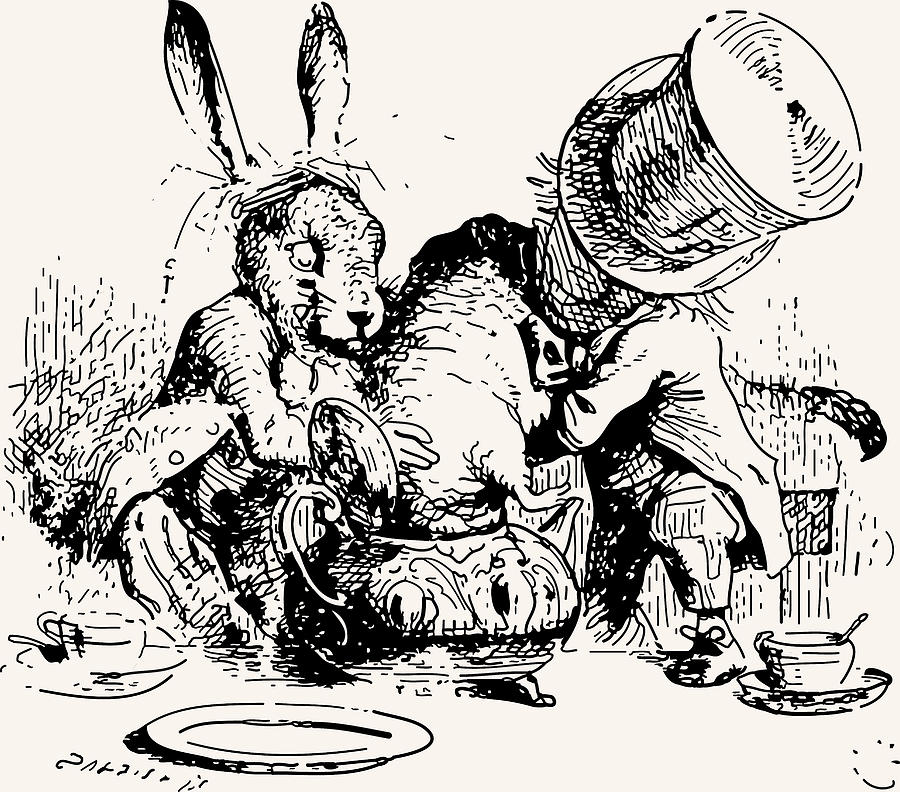Here's a little challenge from Charlotte Mason.
Take some positive values like self-control, self-constraint, and self-denial. Really work at them, quite deliberately, until you have the moves down perfectly. Aim to behave in a way that would satisfy even Caroline Ingalls' strictest notions of ladylike restraint. Don't ask for anything, because people will like you much better if you let them have their way in things. Make sure you affirm yourself regularly, that you tell yourself how wonderful you are and, most importantly, how serene you are becoming. And make sure you keep practicing this so that you are happy with yourself and complacent about what a nice person and a great peacemaker you are.
If you have done this successfully, you have just become a very frightening sort of person. The experiment in self-denial has resulted in a severe case of self-absorption, and a deficiency in love. Here is the cure:
"Give the Will an object outside itself, and it will leap to service, even to that most difficult of all service, the control of the forces of Mansoul... It is not self-ordering, but an object outside of ourselves, leading to self-forgetfulness and a certain valiant rising of the will, to which we must look for a cure for the maladies that vex us." (Ourselves, pp. 154-155)
Part Two
Apathy, masquerading as tolerance, has no place in the life of one governed by Will (p. 157). But how are we supposed to decide about anything, when there are so many possibilities, so many sides of things to consider? What if we always seem to have a lot of trouble making up our minds, so much that we're torn and anxious over big and small decisions? That's a warning sign that you've veered off the track, says Charlotte Mason. "The decisions of Will are always simple, because they have, for good or ill, an end in view outside of Self" (pp. 158-159). Of course choosing is hard work, but we are not left completely to ourselves. "As the wise parent sees that his children are invigorated by proper exercise, so we may venture to think that Providence strengthens the children of men by giving to each opportunities for effort, chiefly, perhaps, for this effort of decision" (p. 158).
And Will, as we have seen, does not work in isolation.
"Throughout our lives, Will has been busy, taking counsel with Imagination, Reason, Conscience, Affection; and forming, by degrees, those great decisions on conduct which we call Principles, or those upon matters of thought which we call Opinions. The opinions and principles are at hand for little and great occasions. Our business is to see that we are not distracted by manifold little movements of Self. Then our decisions are prompt and final; we are not fretted by wondering if we have made a mistake, or, if we should have done better by deciding otherwise."What have you been given by God this Christmas? One gift, as we saw earlier, is our growing understanding of our full personhood, the inheritance of our Mansoul, to be used in the service of our Creator. Another gift comes in a thousand little pieces: the many opportunities we are given to strengthen the Will by making choices. Here's the only catch: if you use it for Self, it disappears. Use it for an object outside of yourself, and it will keep on giving.
















